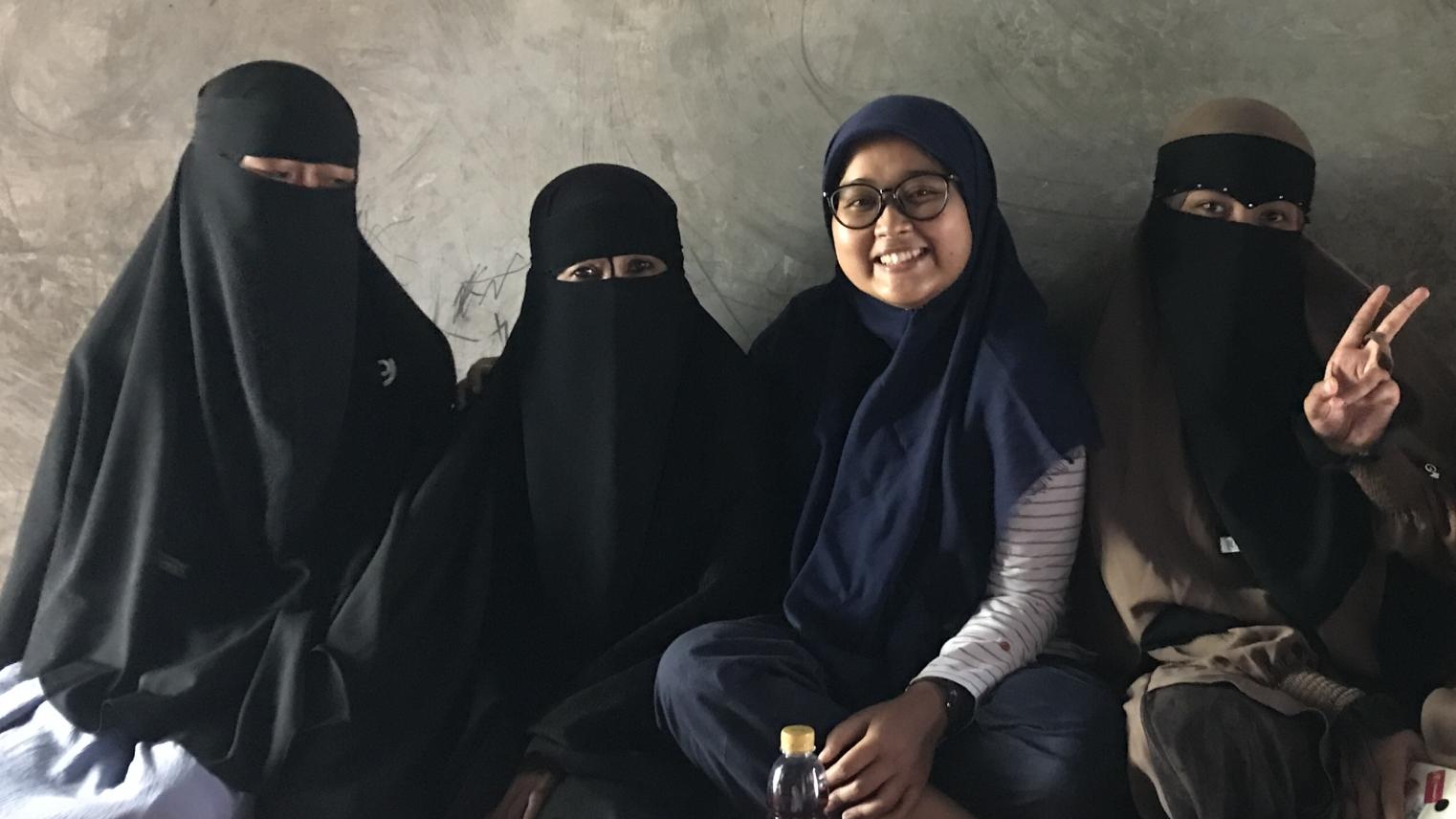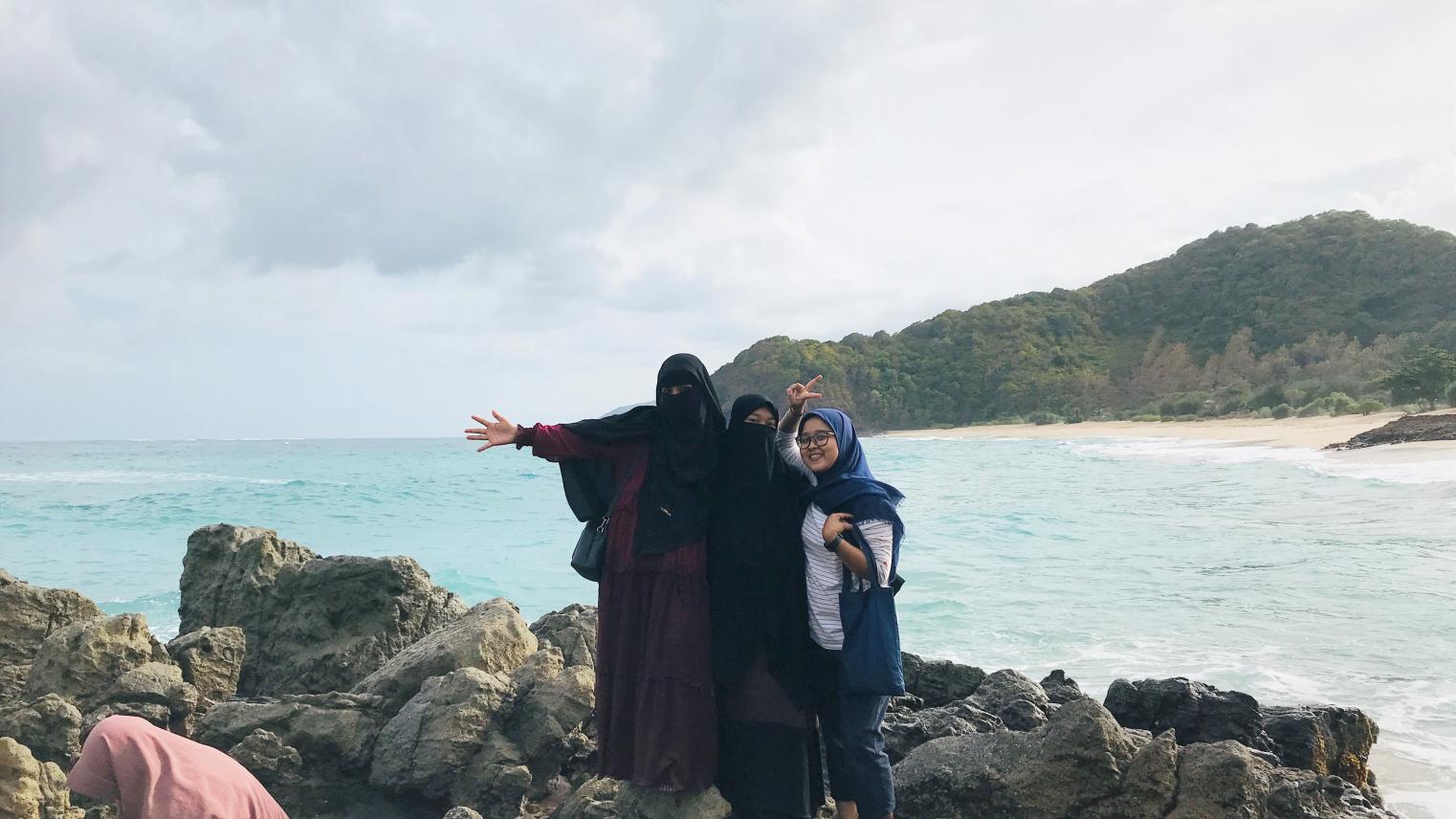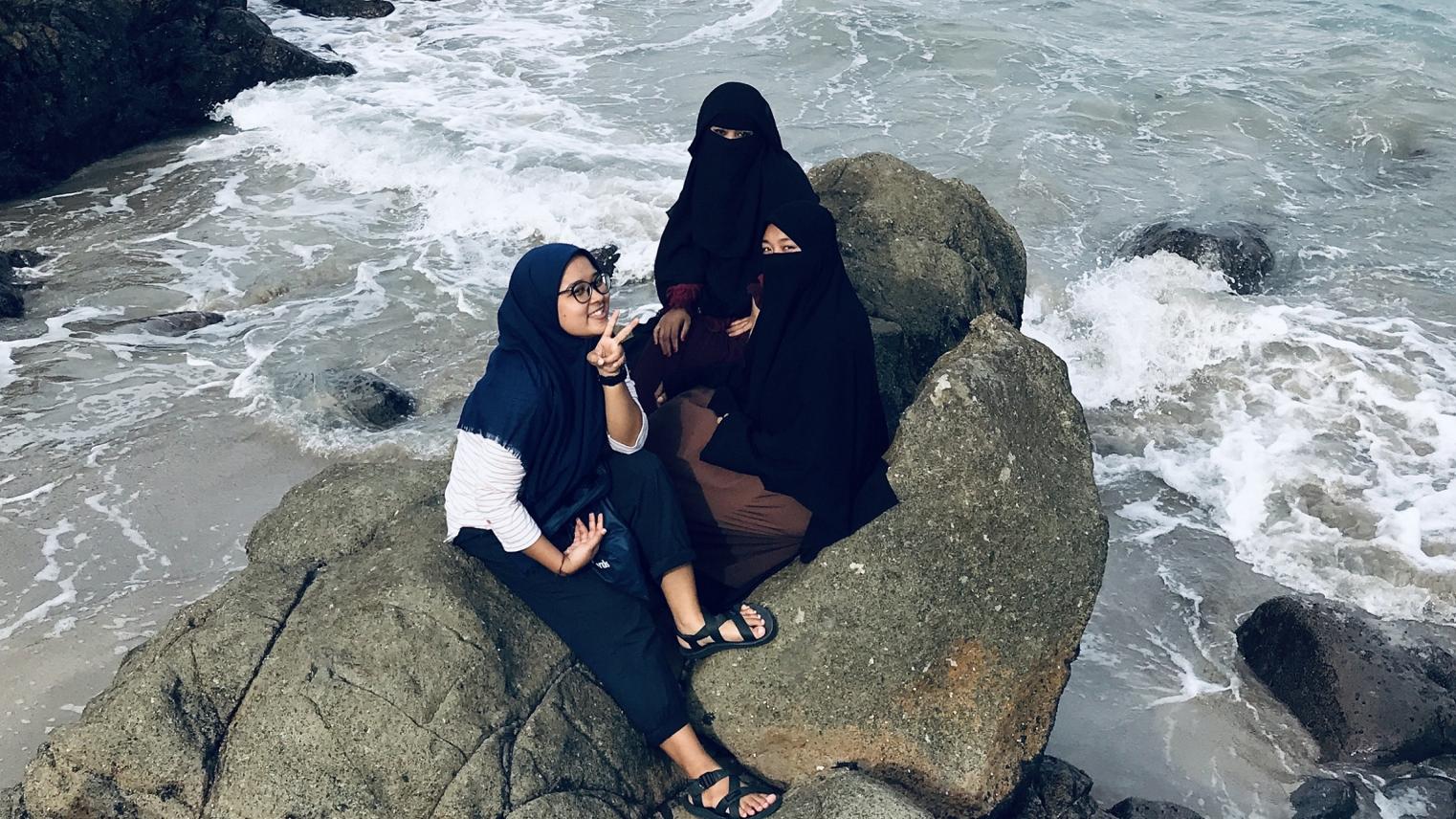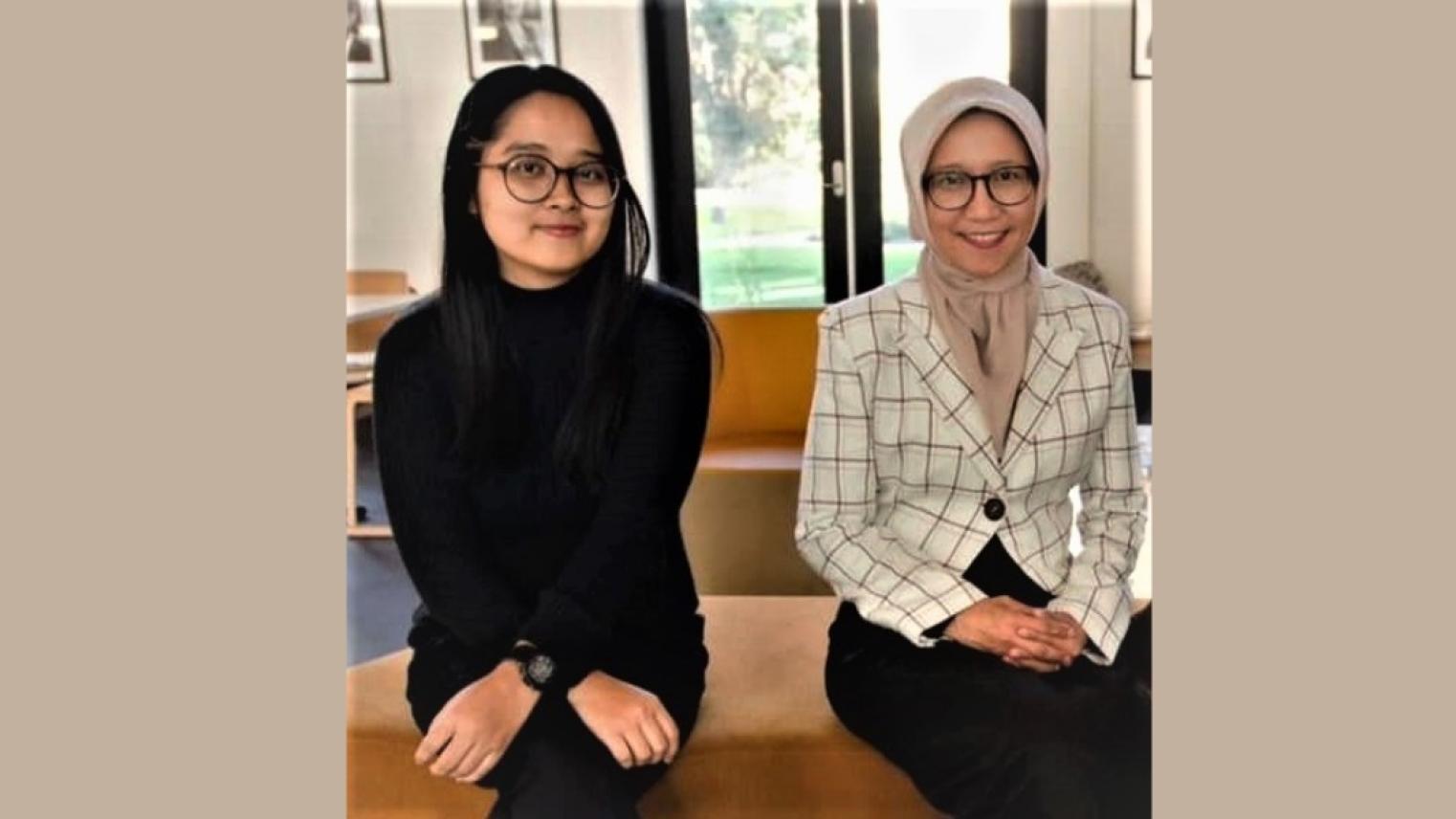Meet Rani Dwi Putri: CHL’s M Phil Superstar

“ANU is the ‘best home’ for doing research, particularly in my field study; besides, I found the best supervisor right here.”
Australian National University M Phil student Rani Dwi Putri is kicking goals early in her research career, having recently won two awards, this year alone, to pursue her research goals: the Allison Sudradjat Prize and the Ruth Daroesman Graduate Study Grant.
This prize is to honour the memory of Allison Sudradjat, the Minister Counsellor for the Australian Agency for International Development, who died tragically on 7 March 2007 in a plane crash in Yogyakarta, Indonesia.
Each year, four Australia Awards applicants (Masters and PhD) from Indonesia with the highest rankings are awarded this prize. The recipients are selected internally by the Australian Awards Joint Selection Team and approved by Department of Foreign Affairs and Trade (DFAT). In addition to the benefits of the Australia Awards Scholarships, each recipient receives a grant of up to $25,000 for a professional work placement in Australia or further research related to their course of study.
Meanwhile, the Ruth Daroesman Graduate Study Grant honours Ruth Daroesman’s life and her contribution to Indonesia’s development. The endowment supports a graduate or higher degree research (HDR) student in their research associated with Indonesia.
Both awards, of course, are precious for Rani. With these grants, she will now be able to conduct her research over a longer period of time and across expanded field sites for richer and more comprehensive data.




Rani’s research examines how young women navigate the transition to adulthood through different schools of Islamic thought in Bima, West Nusa Tenggara. Bima is famous for its long history of diverse Islamic thought and practice. Today, there are a rich diversity of Islamic practices, ranging from conservative to liberal. Different schools of thought may influence young women’s choices in areas such as education, work and marriage. For example, in some communities, there may be social pressure to marry young. Rani will conduct an ethnographic field study investigating how young women from different Islamic backgrounds negotiate these choices as they move into adulthood, particularly how they express their agency and identity.
Before commencing her Master's program, Rani worked with two research institutions—the Youth Studies Centre (YouSure) and The Center for Security and Peace Studies (CSPS). At YouSure, she was responsible for managing campus-based events and initiating youth research projects. As a junior researcher at the CSPS, she conducted extensive research on women and radical-Islamist movements in parts of Indonesia.
These experiences shaped her interest in exploring young Muslim women’s lives, and this is what ultimately prompted Rani to delve deeper into the subject through a Master's research project.
Why ANU? Rani strongly believes that ANU is the ‘best home’ for doing research, particularly in her chosen area of study; especially as she found the ideal supervisor here—Dr Eva Nisa.
Rani loves research and fieldwork, but even more than research, her most favourite thing in the world is visiting and exploring new places. So how amazing is it when one gets to combine both passions? Rani cites one of her most memorable experiences to date, which combined her penchant for travel and for first-hand research:
As part of participant observation during some research I once conducted on women and violent extremists in Indonesia, I joined a trip to a beach, organised by my informant. The beach was very far from where I lived, and the only transportation available was a motorcycle. At first, my informant said, ‘It is not far, just a few kilometres’ so I trusted her. But in fact, it took 4 hours on the road! It was tiring, of course, but also exciting, and 4 hours on the road with my informant really paid off, as I got lots of valuable data from in-depth discussions with my informant during the journey! We talked about many things – from her husband’s current condition to her future aspiration with her family. Such interactions are so important in shaping research insights.
When quizzed about the secret to her wave of success, Rani sides with the clichéd but classic and fool-proof advice that she swears by:
Be persistent with your dreams and plans, in spite of failures and difficulties!
If you’re thinking of following in Rani’s footsteps and pursuing higher degree research studies, kick-start your journey here!